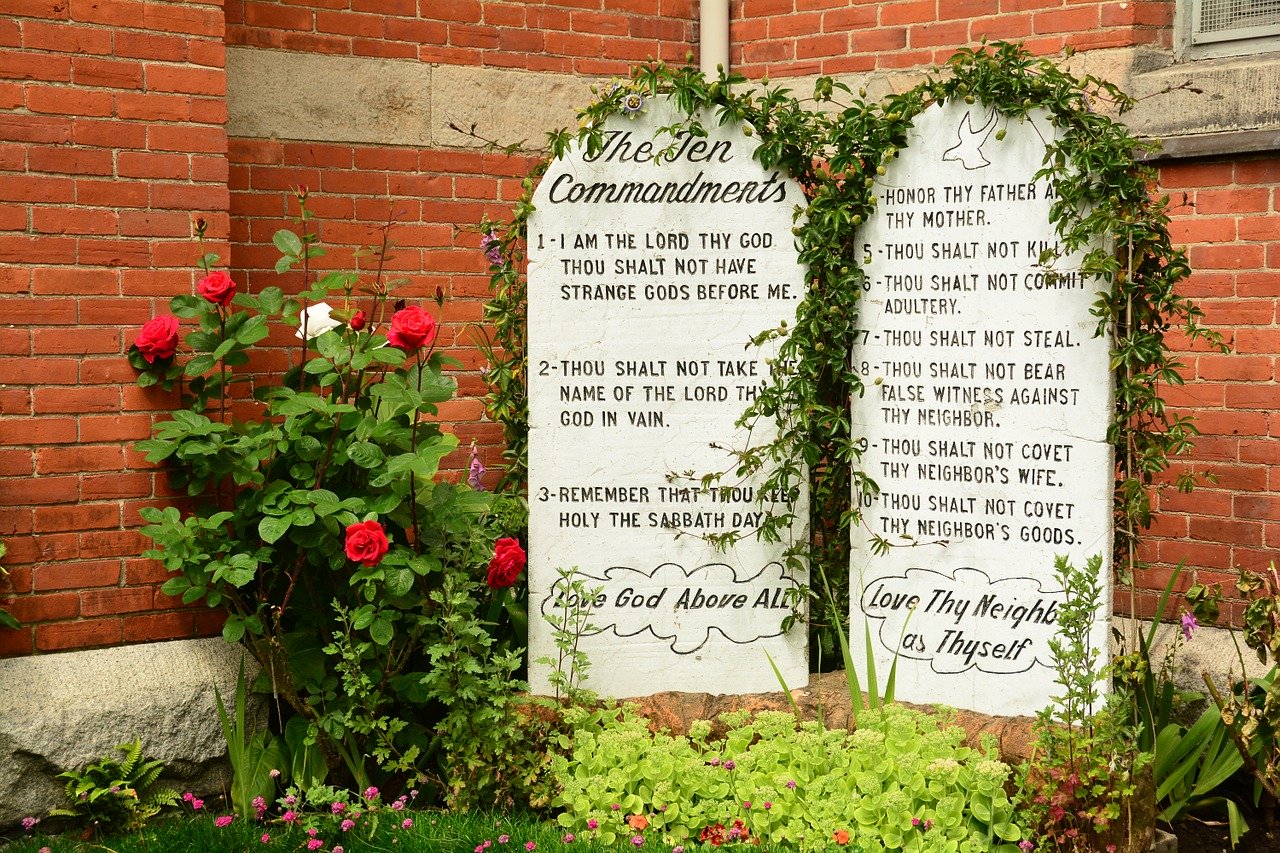Proverbs 3:9 is often quoted to promote greater giving and especially tithing. However, proverbs 3:9 does not necessarily refer to tithing, and the application for Christians may be limited. Instead, the verse is generally about trusting in God and honoring Him with our resources.
The verse isn’t tied to a specific tithe amount or frequency. The verse implies that as believers, we should work towards living generously with whatever God has given us. Through this mindset, we can strive towards becoming better stewards of His gifts to us.

Table of Contents
Listen to the Podcast
PROVERBS 3:9 IS sometimes cited among preachers who promote the Tithe Doctrine. The Tithe Doctrine is the belief that Christians must pay God 10 percent of their income. They use Proverbs 3:9 as scriptural evidence to support their Tithe Doctrine.
However, as we look at the verse and place it in context, it does not support the Tithe Doctrine and cannot be used to justify “tithing” among the body of Christ.
Proverbs 3:9
9 Honour the Lord with thy substance, and with the firstfruits of all thine increase:
Key points addressed in this lesson:
1. Solomon wrote that verse in the context of the Law of Moses. 2. The verse is not a reference to the tithe
3. First fruits are not the same as the biblical tithe.
No Justification
In Proverbs 3:9 King Solomon reminds his son to keep the Law of Moses and all its commandments. He tells him to honor the Lord with his substance. This is not a reference to paying tithe. Essentially, Solomon tells his son to exalt, magnify, or glorify the Lord with his material wealth or how he lives his life.
Although Solomon does not specify how his son will honor the Lord, it is clear that the word honor is not the same as the word tithe. If Solomon were referencing tithing, the verse would have begun with “Tithe to the Lord….” So, it is clear that tithing is not the subject or focus of this verse.
Moreover, the first fruits and the tithe are not the same. While both pertain to crops and livestock, the first fruits refer to the first ripened crops and fruit of the harvest and the firstborn of the livestock. The biblical tithe is the tenth of crops and livestock.
Proverbs 3:9 does not command Christians to tithe in any form or fashion. It does not support the doctrine that Christians must pay God 10 percent of their income.
Indeed, as a Christian, you can honor God with your substance (material possessions or life). But you must be clear that the verse does not associate honoring the Lord with the practice of tithing, especially as it is taught in the church today.
Outsmart the False Teachers

Discover the hidden truth about tithes the prosperity preachers don’t want you to know.👉👉 Click here.








